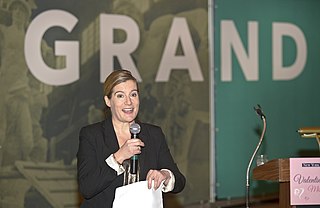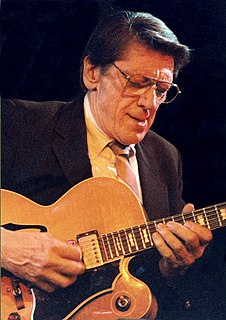A Quote by Flannery O'Connor
Technique in the minds of many is something rigid, something like a formula that you impose on the material; but in the best stories it is something organic, something that grows out of the material, and this being the case, it is different for every story of any account that has ever been written.
Related Quotes
He misses the feeling of creating something out of something. That’s right — something out of something. Because something out of nothing is when you make something up out of thin air, in which case it has no value. Anybody can do that. But something out of something means it was really there the whole time, inside you, and you discover it as part of something new, that’s never happened before.
Before I started working on a computer, writing a piece would be like making something up every day, taking the material and never quite knowing where you were going to go next with the material. With a computer it was less like painting and more like sculpture, where you start with a block of something and then start shaping it.
Interestingly enough, there is a really different dynamic when you're directing something that somebody else has written compared to when you're directing something that you've written. And there's a good and a bad side to it. I think the bad side is that you never feel the same level of connection to the material - you just don't.
Justice. To be ever ready to admit that another person is something quite different from what we read when he is there (or when we think about him). Or rather, to read in him that he is certainly something different, perhaps something completely different from what we read in him. Every being cries out silently to be read differently.
Let's call something a rigid designator if in every possible world it designates the same object, a non-rigid or accidental designator if that is not the case. Of course we don't require that the objects exist in all possible worlds.... When we think of a property as essential to an object we usually mean that it is true of that object in any case where it would have existed. A rigid designator of a necessary existent can be called strongly rigid.
What I think I do is to relate any new material to how similar it is to something else. The closest that I can come up with something that's already in my experience, the easier it becomes. All I have to do then is remember where it differs, like relating a chord sequence that comes from some other tune, or several different tunes, or maybe parts of them and then work it from there.






































